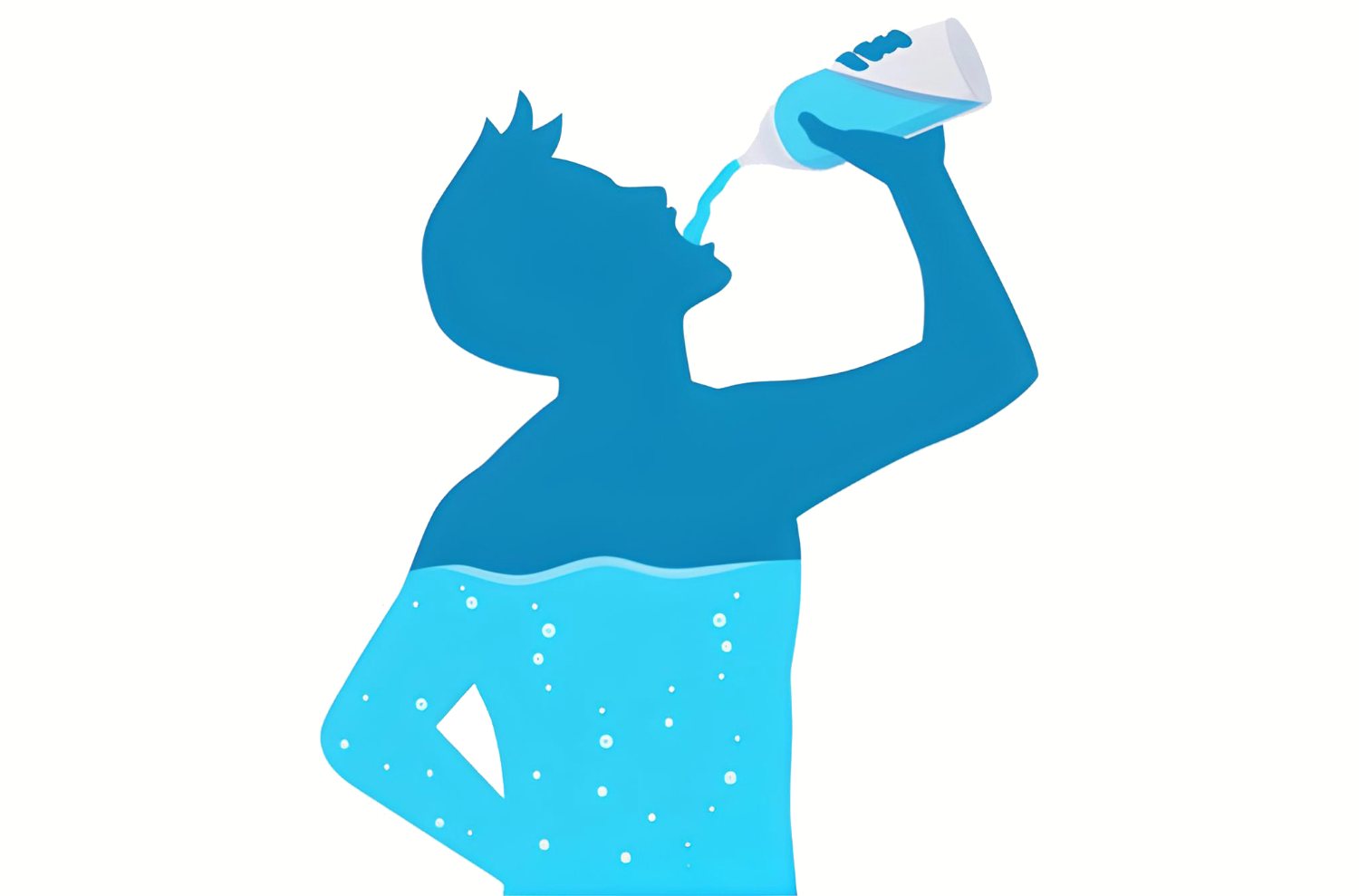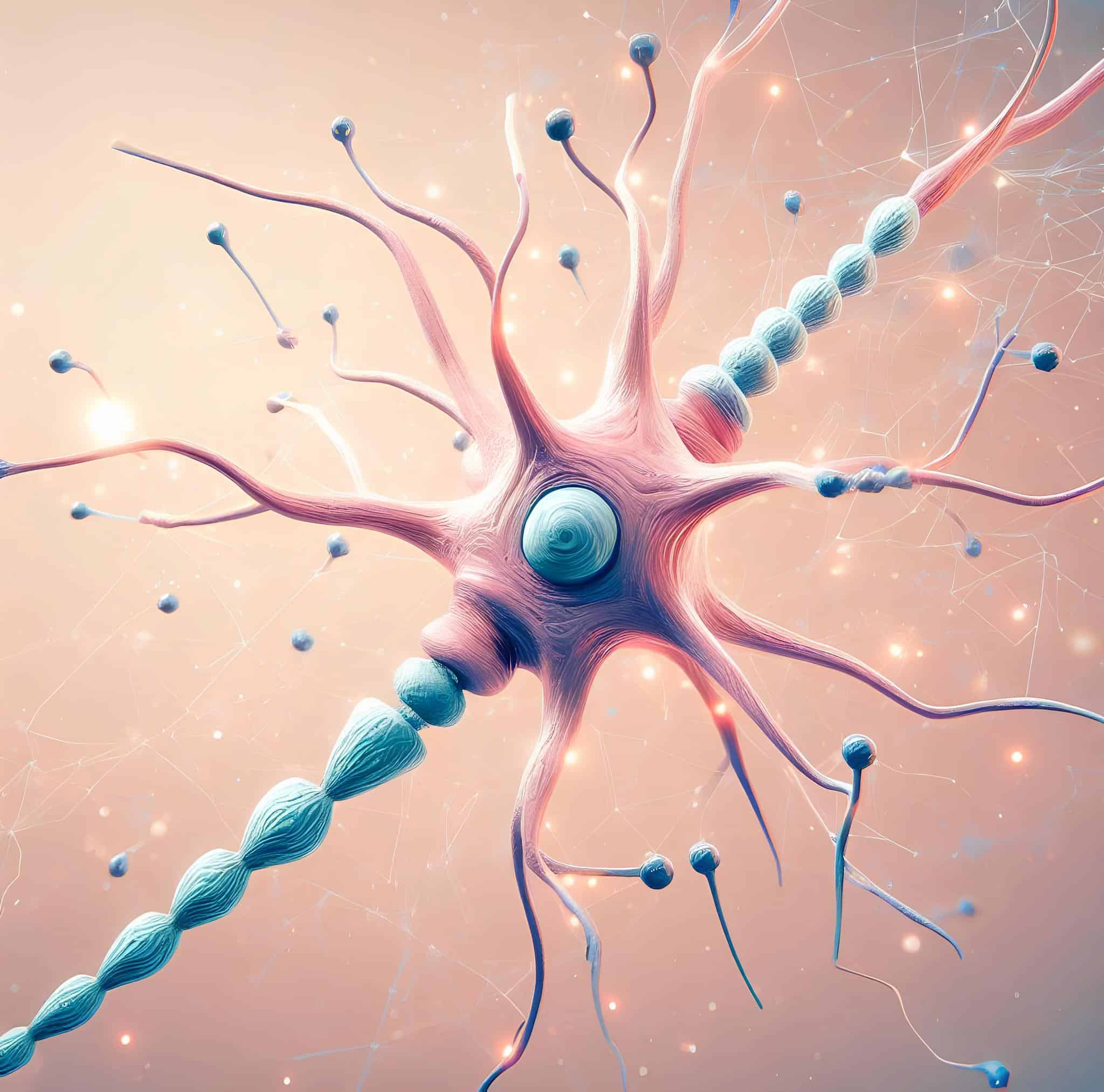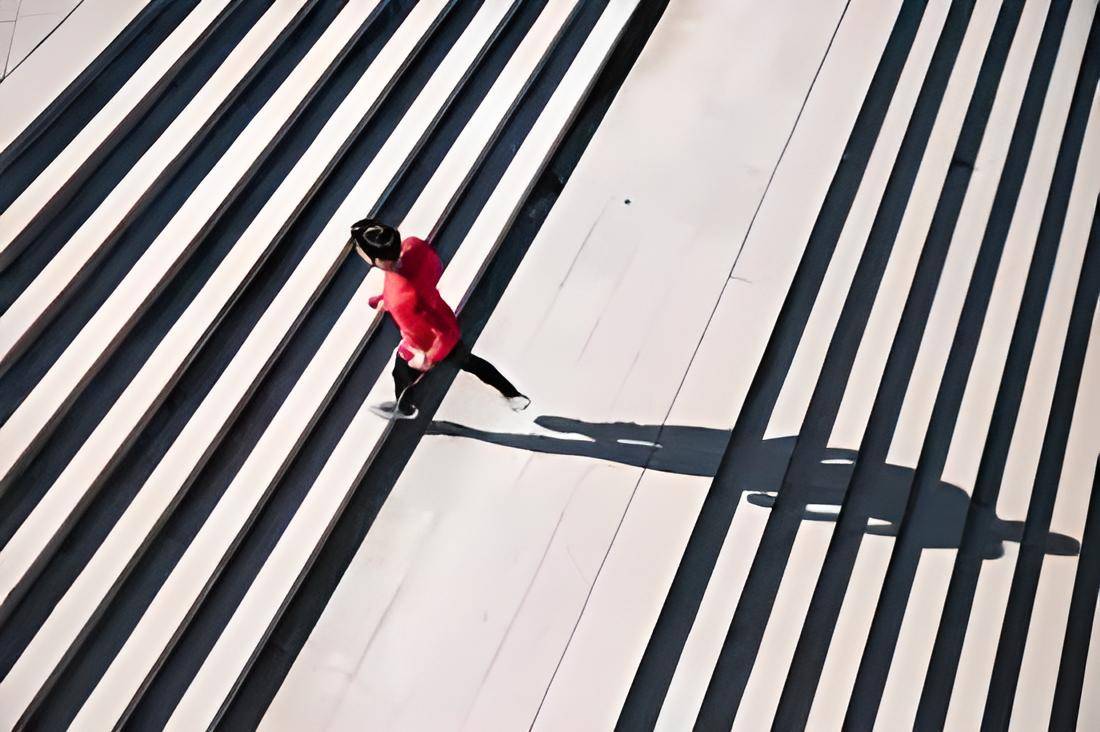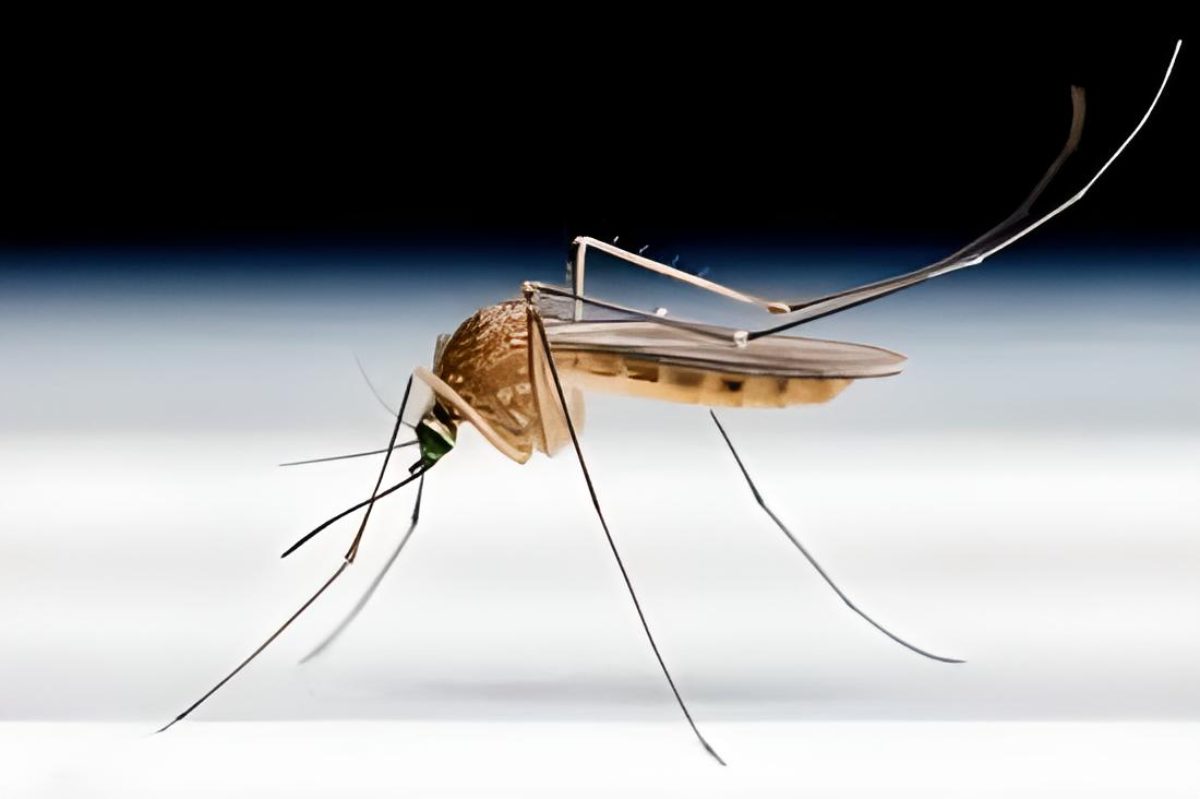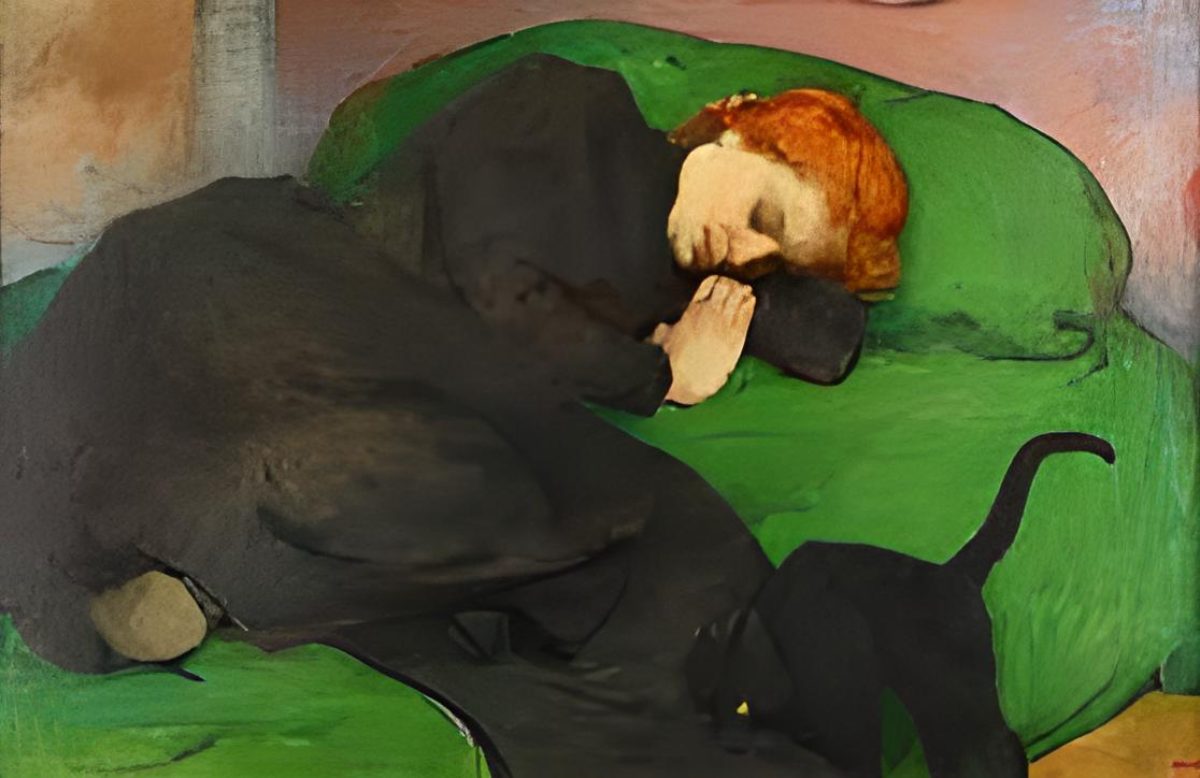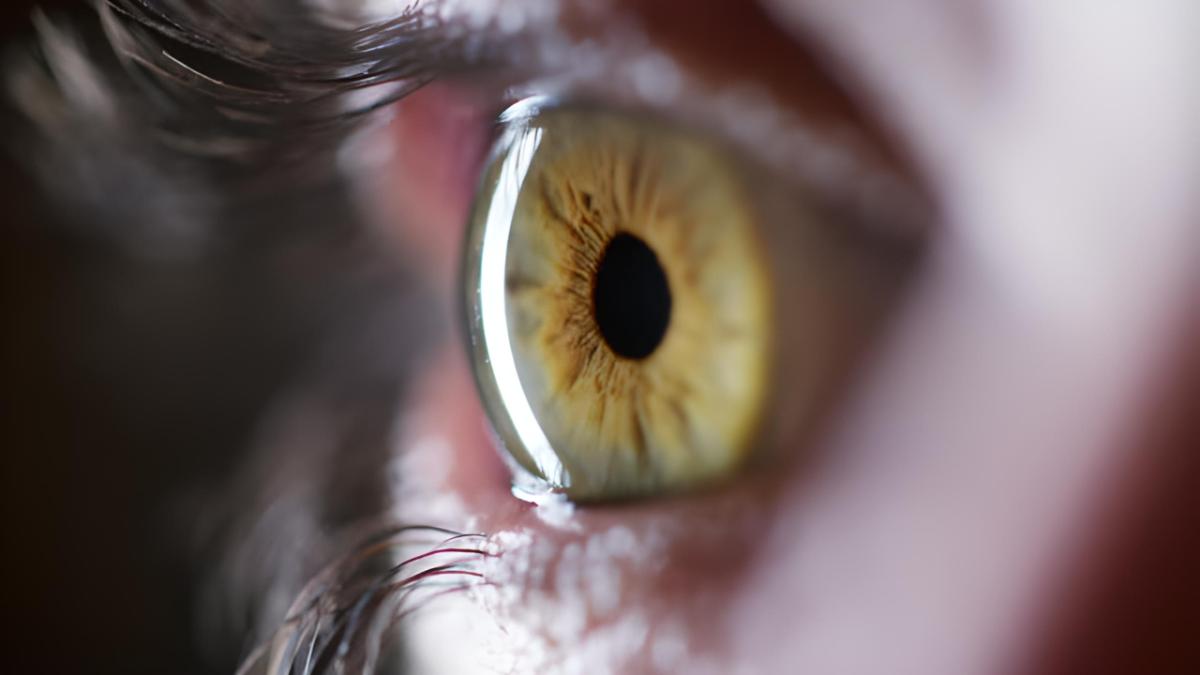Every time you sneeze, it’s like an explosion with high-pressure air shooting out of your mouth and nose with droplets and other mucus fluids. Muscles in your face stiffen up without your knowledge, and you find yourself temporarily closing your eyelids. But for what purpose do you close your eyes when you sneeze?
Maybe it’s to keep you safe from the bacteria and mucous that are released during the sneeze. Or, can hiding your face protect your eyes from the internal pressure that may cause them to bulge and be permanently damaged? Both of those renditions are widely shared on the Web. It’s widely known that you can’t keep your eyes open when sneezing since it’s a reflex. Does this hold water, though?
Not a true reflex
The act of sneezing does not constitute a true reflex. The sneeze stimulus is more nuanced and is not under pure spinal-cord control. Foreign objects in the nose, infections, and allergies are only a few of the many causes of sneezing.
Those pesky irritants on the nasal mucosa are shot out the window as the air is released at a speed of around 90 mph (150 kph), the head is jerked forward, and we hear “explosion” sounds. However, closing your eyes as a result of a sneeze is not always a reflex. There are actually recordings of individuals sneezing with their eyes open.
How does it work?
There are two widely shared theories for why people have to automatically shut their eyes when they sneeze. To start, the whole body, not just the chest and breathing muscles, tenses up when you sneeze. That is why a drop of pee or gas may be released during a sneeze.
The face and the eyes in particular are tense during a sneeze. When you tense up, the muscles around your eyes shut your lids.
But the idea that this response is meant to shield the eyes from the resulting higher pressure is nonsense.
Nerve network joins nose and eyes
However, there is a nerve that runs between the eyes and the nose. The nasociliary nerve divides into two branches, one of which travels to the top of the nose and the other to the eyelids and the sclera (whites of the eyes). This is because there is a tight relationship between the nose and the eye. Sneezing is an example of an inflammatory response in the eye region, which may also be caused by irritation to the nerve branch that leads to the nose.
Some individuals, for instance, may sneeze in response to really bright light, demonstrating the intimate relationship between the eye and the nose. This is due to the proximity of the optic nerve to a branch of the nasociliary nerve. The sun’s rays stimulate the optic nerve, producing an electric current. When this current goes down the nerve fiber and across to the next nerve, it makes you sneeze.
In any event, shutting your eyes when you sneeze makes biological sense. One of the first forms of self-defense is the simple act of closing your eyes. All painful stimuli cause you to shut your eyes automatically. Our ancestors knew this organ was critical to their existence; therefore, they guarded it instinctually.











